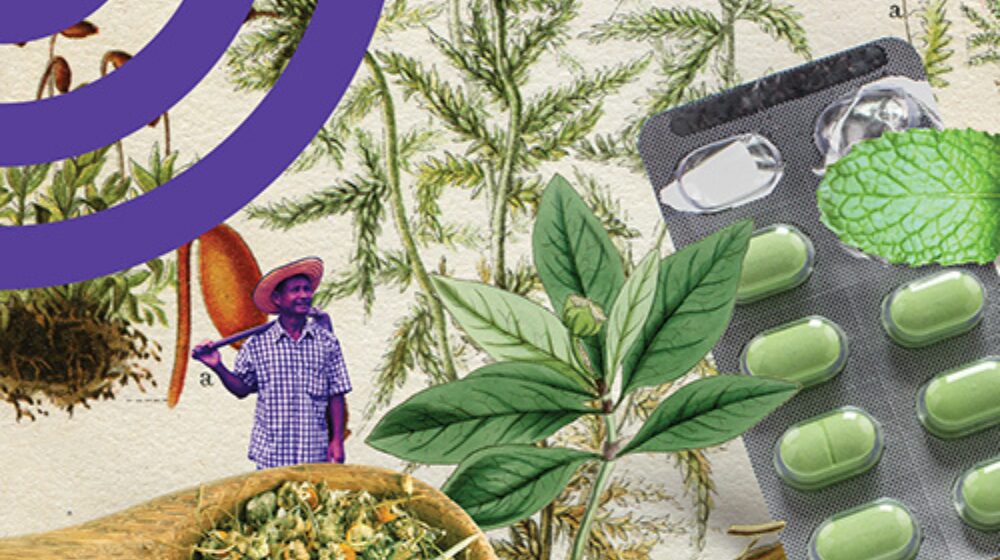Lack of strategies hinders Brazil’s opportunity to lead the global herbal medicine market.

Brazil is a country with the largest biodiversity reserves of the planet and could therefore be a reference for herbal medicine solutions. However, so far Brazil’s imports have been exceeding its exports by far in all segments of the productive chain, and, while the global phytotherapic market, estimated as topping US$ 216.4 billion in 2023, the sales of the sector in Brazil reached a mere US$ 173 million or 0.1% of that amount in 2022. Changing this scenario requires a bit of homework, as reveals the study Phytomedicines: how to unlock this productive chain starting with family farming.
“Besides not presenting any effective proposals for the herbal medicine sector, the Action Plan for Neo-industrialization, launched in January by the Vice-President and Minister Geraldo Alckmin, fails to include the Ministry of Agrarian Development and Family Agriculture (MDA) in the few suggestions presented for the sector. In other words, once more, the country dislodges herbal medicine onto an entirely detached path from the national reality, leaving behind those with traditional knowledge of medicinal plants,” warns Sergio Leitão, executive director of Instituto Escolhas.
“Not even the drafting of the National Phytotherapics Strategy foreseen in the plan – something in which we are already far behind, involves the MDA. The question that remains is: how to expect effective results in the sector without involvement of the instrument that serves its primary suppliers?” It is worth noting here that the 90-day deadline set for the National Industrial Development Council (CNDI) to review the plan expired in April, with no feedback on the outcome provided so far.
The study by Instituto Escolhas mapped 514 application processes for regularization of a total of 343 herbal products requested to Anvisa (National Agency for Sanitary Surveillance) by 68 companies (61 large or medium-sized companies, 6 small companies and 1 micro-company), mostly located in Southeast Brazil, especially in São Paulo (25), Rio de Janeiro (8) and Minas Gerais (8). No cooperatives or associations of small producers were among the applicants. Among the companies analyzed, 80% reported “the manufacture of allopathic medicines for human use” as their main activity. In addition, an analysis of the legislation in force for public policies on medicinal plants and herbal medicines in Brazil shows that the legal and health requirements are far distant from the reality of family and community-based producers of medicinal plants and herbal products. Most of the requirements are such that they can only be met by private companies in the industrial sector, especially given the financial investment needed to fulfill the stages defined by law. “This shows that family farming is losing ground in this market, although the segment is crucial for the preservation of medicinal plants and traditional knowledge associated with biodiversity,” highlights Leitão.
To change this scenario, the study by Instituto Escolhas listed seven proposals for actions to support family farming and to adapt legislation according to the relevance of the activity in the production chain. Among the proposals is the formalization of a new category of herbal products with criteria better suitable for small producers, the opening of institutional markets and expansion of the herbal medicine agenda within the Ministry of Agrarian Development and Family Agriculture.
“Another fundamental topic is the investment in effective and permanent technical assistance, with strategies aimed specifically at the production chains of medicinal, aromatic, and spicy plants and herbal products. This is another front that depends on the MDA’s involvement, enabling the herbal medicine sector in Brazil to achieve its rightful position as global reference,” concludes Leitão.
Read the study here.

 Texto
Texto